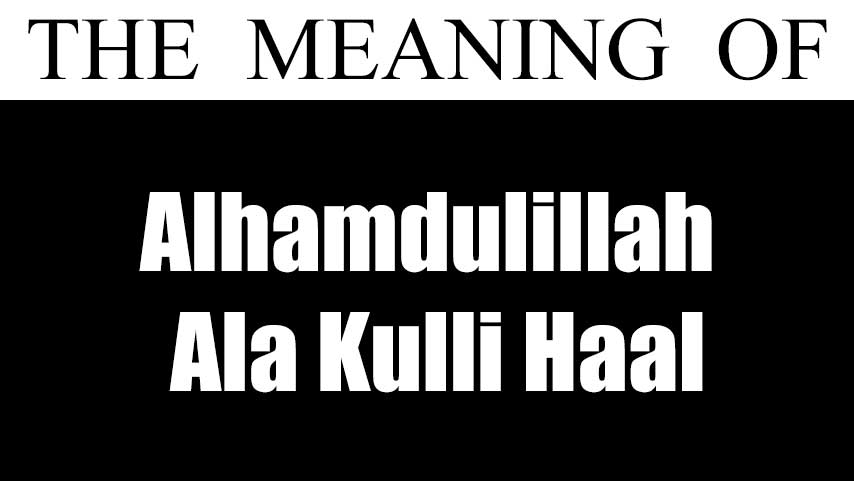
It was narrated from Abu Hurairah that the Prophet (ﷺ) said: “A grateful eater is equal to a patient fasting person.” (Sunan Ibn Majah Book 7, Hadith 1764)
This is a very important lesson.
In this hadith, The Prophet (ﷺ) is telling us all to be grateful for what we have, to not complain. He compares the rewards of being a grateful eater to be like a patient fasting person.
What are things which may from our gratitude?
The answer is our desires. Desiring is a condition we create in ourselves to not be happy until we get what we want. It is looking for things we want but don’t yet have. Our desires are often are not even self imposed, we are influenced by advertisements, looking at social media, comparing ourselves to what others have got. It’s often things we don’t even care that deeply about.
This feeling leads us to being dissatisfied and ungrateful. When we come poverty we can appreciate the smallest of things in life, just look at our microwave it’s truly incredible, in just 20 seconds we get our food warmed so we don’t have to eat it cold. Talk about being privileged.
There are millions of these things in our life just like the microwave that we grow accustomed to. If we actively look for things to be appreciative about, the world starts to show us things we didn’t previously see but were right in front of our eyes.
There’s only one person we have to thank for these blessings and that is Allah subhanahu wa ta’ala.
This is where the phrase Alhamdulillah Ala Kulli Haal becomes useful for the believer. It is a way for Muslim’s to express their appreciation for their rab, their lord.
Exact Meaning of Alhamdulillah Ala Kulli Haal
The meaning of Alhamdulillah Ala Kulli Haal is “All praise and thanks are only for Allah in all circumstances”.
In Arabic, this phrase is written:
الحمد لله على كل حال
Used In A Sentence:
The best way to learn is to see how Muslim’s are using the phrase in everyday conversation. We went to Facebook and Twitter to see proper usage of the word to help you understand how to use correctly.
Example #1:
This year has been so crappy and yet so much good has happened for me. Alhamdulillah ala kulli haal.
Example #2:
Now I feel bad for whining about my results ya Allah. Alhamdulillah ala kulli hal, you achieved all that without trying your best.
Example #3:
Most exhausting day I’ve had in a while. Alhamdulillah ala kulli haal. (Here we can see it being used to be appreciative of Allah SWT even when you’re not feeling best).
Example #4:
Alhamdulillah ala kulli haal. I just wanted to let you know how much I appreciate all the Prayers, Calls and Messages from you guys. Words cannot express how grateful I am. Alhamdulillah am getting better. Thanks for your concern, I’ll be forever grateful.
